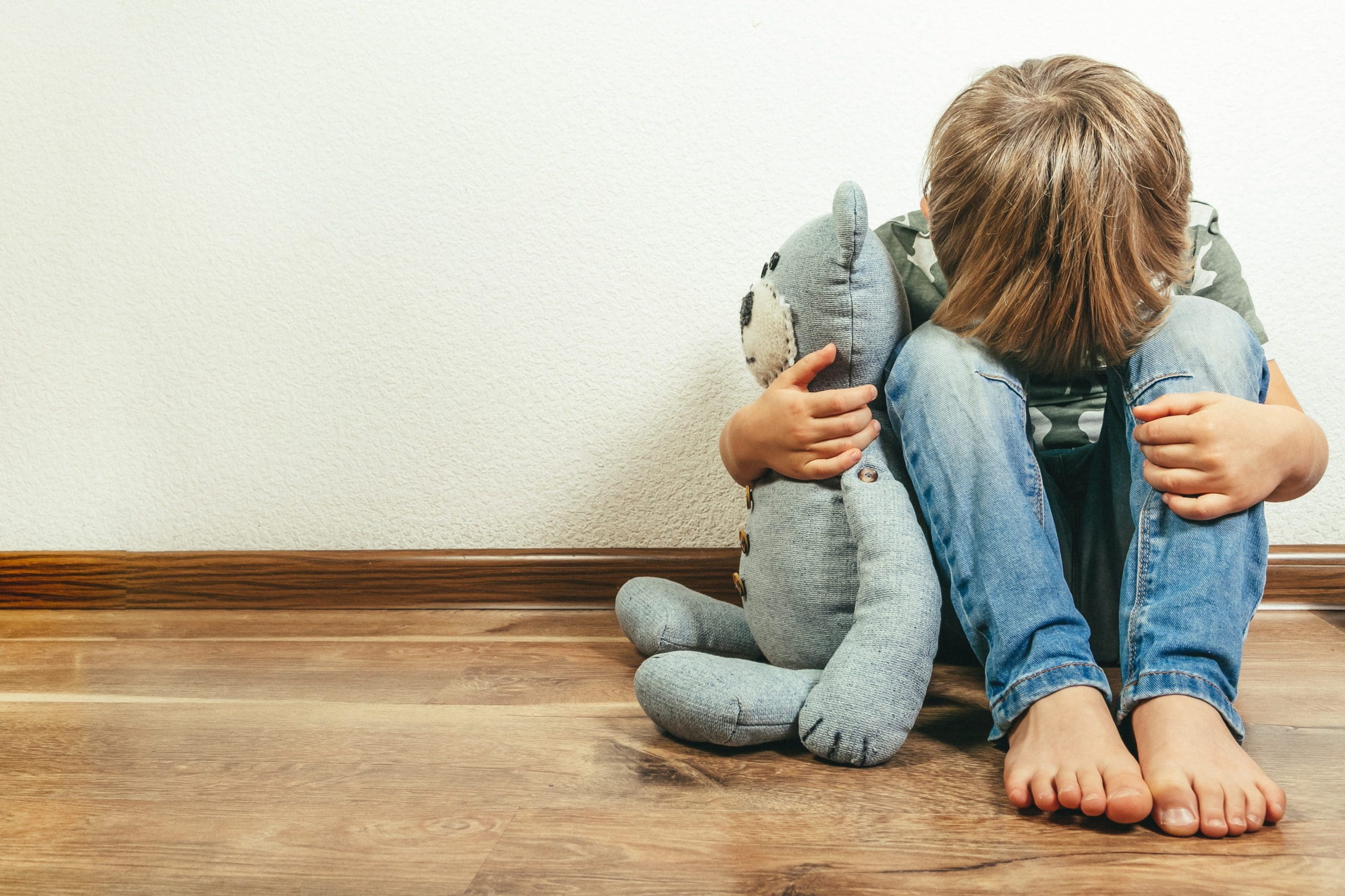A bill that previously would’ve fined parents for uploading to the internet recordings of Child Protective Services interviewing them, now allows them to be shared online but requires faces be blurred.
It’s unclear, however, what the penalty would be for parents who don’t follow that requirement.
House Bill 135 has been the scene of a conflict between bringing more transparency to CPS or allowing it to continue operating in the shadows. A prior provision in the bill would have hit parents with a fine no more than $500 if they uploaded to the internet recordings CPS agents interviewing them. The bill also requires that parents are informed—orally and in writing—of their right to record during a CPS interview.
On Thursday, State Sen. Borris Miles (D–Houston) offered an amendment that changed the bill to where recordings could be uploaded, but parties in the interview can’t be identifiable. State Sen. Bob Hall’s (R–Edgewood) office explained this to mean the faces of the CPS agents and children must be blurred before the video can be shared online.
What’s unclear is what the penalty would be for parents who upload without blurring. Miles didn’t say Thursday, and Hall’s office was unable to determine what it would be either.
“It would be one thing if the prohibition outlawed an inherently wrong act, but this penalizes an innocent activity that many engage in every day—uploading videos to the internet,” Chris Branson, an attorney on CPS issues, told Texas Scorecard. “Most won’t even think about it being possibly illegal—unless they’ve studied this section of the Family Code. And why on earth would the average parent think to do that?”
The amendment passed, and HB 135 is recorded to have passed the Senate 25-6. The recorded “no” votes were State Sens. Paul Bettencourt (R–Houston), Brandon Creighton (R–Conroe), Hall, Bryan Hughes (R–Mineola), Robert Nichols (R–Jacksonville), and Drew Springer (R–Muenster). Hall, who had strongly opposed the recording fine, voted for Miles’ amendment but still voted against the bill because he thought the bill itself was unnecessary.
If the House approves the amendment, the bill will go directly to Gov. Greg Abbott. Otherwise, HB 135 would go to a conference committee of the House and Senate. It likely won’t be known what will happen until the start of next week. On Thursday, Hall asked Miles if he’d fight to make sure the recording ban wasn’t restored in a conference committee, to which Miles gave his commitment if he’s appointed to the committee.
Branson served as the attorney for Daniel and Ashley Pardo, whose 4-year-old son, Drake, was illegally taken by CPS in 2019. The Texas Home School Coalition published the Pardos’ recording of the illegal seizure. CPS eventually admitted they had no justification for taking Drake, and the Texas Supreme Court ordered that he be returned home. Last December, Daniel and Ashely Pardo were finally removed from Texas’ child abuse registry.
“The nation helped fund this little boy’s return partly because we advised the Pardo family to record,” said Krista McIntire, a consultant on CPS issues, who opposes HB 135 and previously issued a call to action to kill it.
“The ability of people to protect themselves by being able to record what’s happening has been vital in a number of cases for people who were improperly being accused of something by CPS,” Hall had said Thursday.
Branson argues the way forward when it comes to CPS is more transparency, not less.
“I prefer much more transparency than this hiding,” he previously told Texas Scorecard. “If they’re acting above the law and acting righteously, they shouldn’t be too worried being talked about in the press.”
Concerned citizens may contact their state representative and Gov. Greg Abbott.





